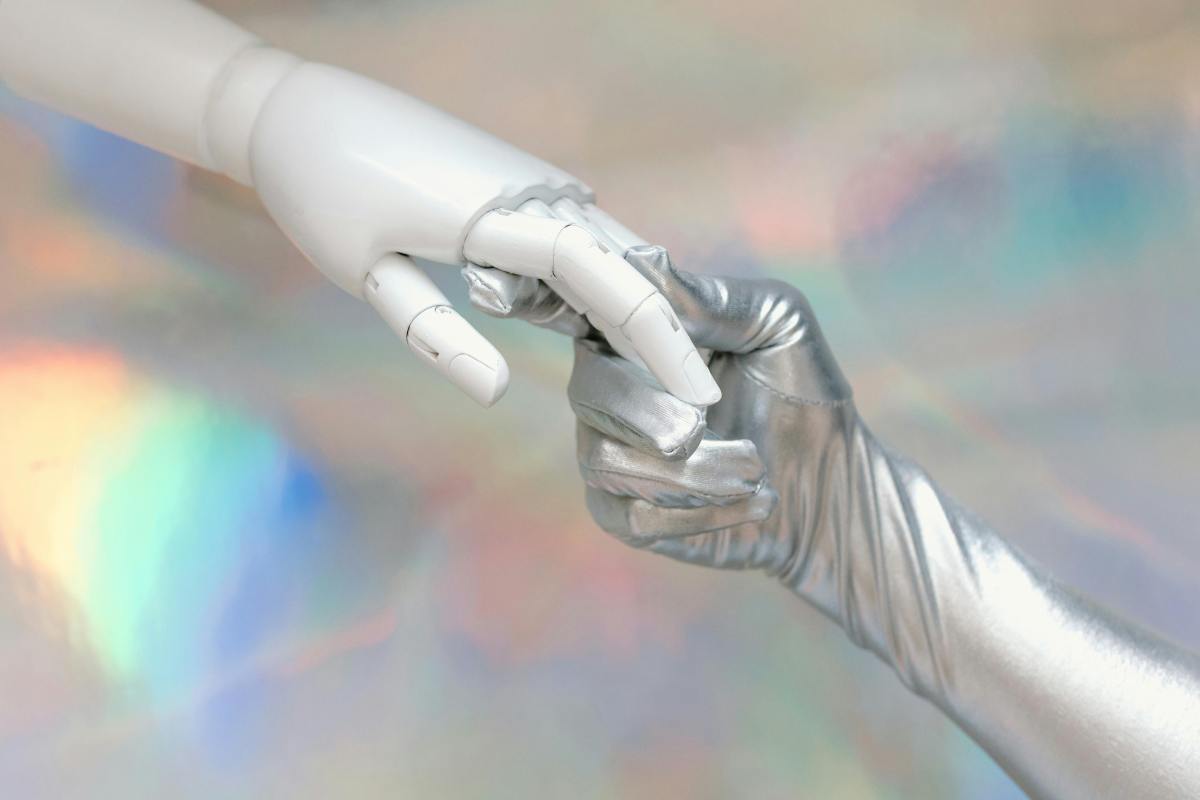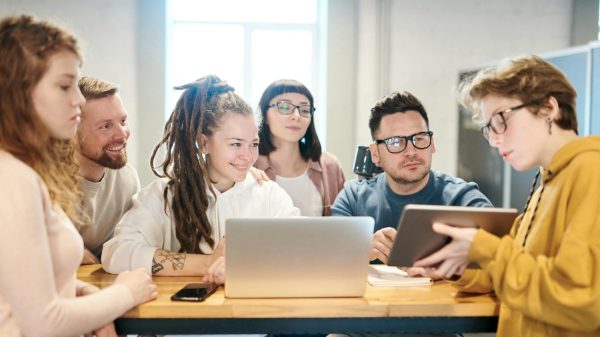I also read apocalyptic articles in which great gurus, like Nostradamus, give dissertations and make predictions about all the professions that will disappear and those that will survive… Honestly, nobody knows. Not because I say so, but because of the very nature of AI, which is designed to learn, adapt, even think. I think only time will tell.
I also read a lot about the power of these tools, how easy they are going to make things for us and that we are practically not going to have to do anything. It is going to be so present and transversal in our lives that we won’t have to move a finger or activate a single neuron. This is like the flying scooters in ‘Back to the Future’. We are still waiting for them.
In my opinion, it is neither one thing nor the other. And even both. When I think about it, the first thing that comes to mind is that it is a fantastic, exciting opportunity and that we are facing a new revolution for humanity. Like the discovery of fire, the wheel, the Industrial Revolution and the Internet. It is a paradigm shift for everything we do. In some activities it is happening very quickly – for example, writing code – and in others it will happen more slowly. The more automatable an intellectual activity is, the more susceptible it is to being ‘vitaminised’ by AI. And we’ll see if it is replaced because, nowadays, human supervision is indispensable, because it is the human being who wants to fulfil a task or objective using it. As it advances in terms of its capacity for reasoning and performing physical activities, it will penetrate into more physical tasks that are less susceptible to automation.
Looking to the past
Is it scary? Well, it depends. If we look at other revolutions, such as the Industrial Revolution, it introduced very profound changes in societies, as we went from a feudal economy based on being attached to a piece of land to a capitalist economy in which populations are more concentrated in cities. From working more physically to working more intellectually (in general). It is true that at the beginning there were many abuses, of people being enslaved, and there was much to be changed to avoid such abuses and inequalities. It is also true that, if we look at parameters of our quality of life, I believe that in general after each revolution humanity is better off: longer life expectancy, higher per capita incomes, better means of transport, … In other words, they brought progress.
Therefore, this change must be approached with optimism and responsibility at the same time. With optimism because I am convinced that it will bring very good things. What am I saying, it is already bringing them! You only have to see how it is being used for the early detection of cancer or to better predict meteorological catastrophes. AI represents an arsenal of very powerful tools, which will empower us as human beings.
I have used the term ‘arsenal’, which leads me to explain why we must be responsible: precisely because of its power, it can also be used for evil. Like any other tool or discovery. Let’s use it to work better, spending more time thinking about what we do and less on repetitive and heavy tasks. To do good, to cure diseases.
Our responsibility
Well, and above all this, what do we do? Personally, I believe that we have a responsibility to educate ourselves in these tools and to encourage the education of others in them. If we do not learn to use them, we will be at a disadvantage compared to those who know how to use them. I see it as the digital divide or illiteracy.
And this responsibility should not be limited to the personal sphere, but should also be applied at an institutional level. Today these powerful tools are controlled mainly by a few large organisations and this power should not be in the hands of just a few. It’s like when in the Industrial Revolution only those who owned the factories took advantage of the situation to exploit the workers to inhumane levels. I guess that’s why we see how the European Union has been the first to start regulating in this sense, or why in the United States we are seeing such a close relationship between government and Big Tech. Another example is China and how the state injects all the funding it injects into AI companies.
Conclusions
In conclusion, AI is a fantastic opportunity to improve the world and it is a field that is opening up and will open up many possibilities for everyone to do many things. Those things will be different and we have to learn and adapt, but that’s not a bad thing. On the contrary, I find it exciting and I encourage the reader to see it that way. Given all this, I think the role of governments and regulatory bodies is fundamental in ensuring that it is used for good purposes and for the benefit of all.












